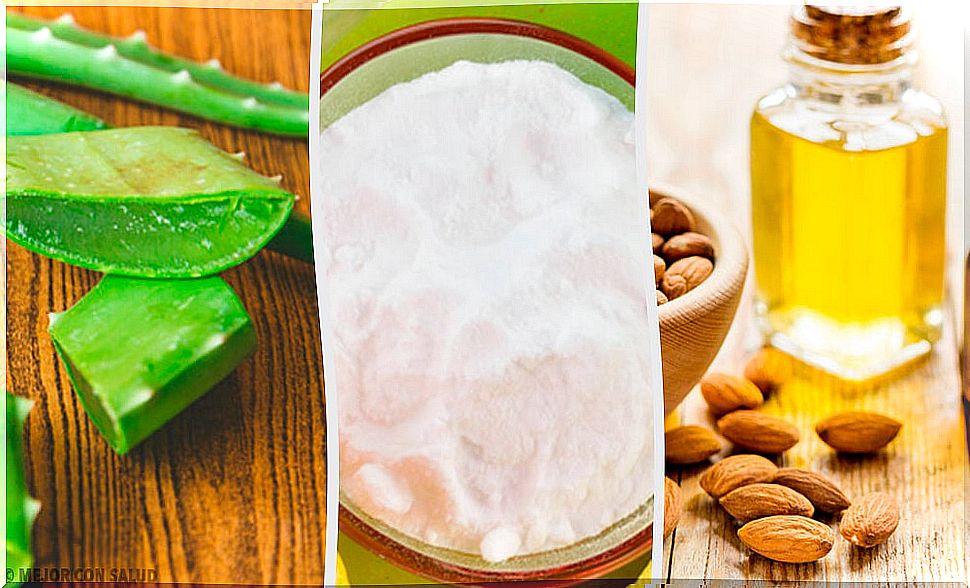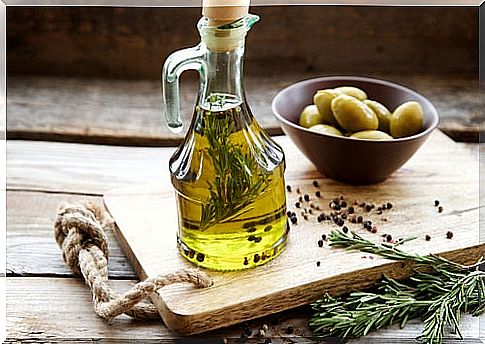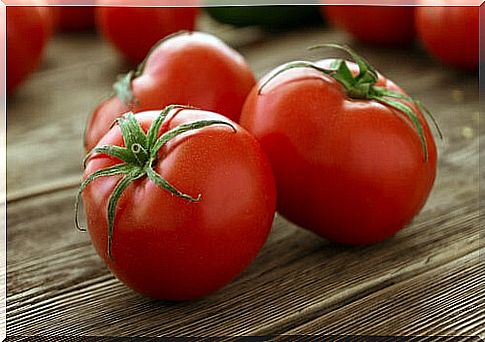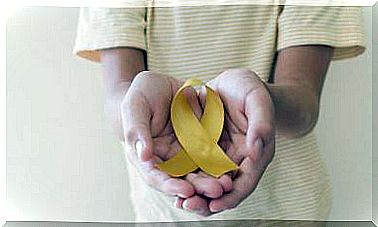The Dark Side Of 8 Natural Products
Many natural products have multiple beneficial properties However, it is not always convenient to use them. Find out what his dark side is.

Natural products tend to have more advantages than disadvantages. However, they are not exempt from having a dark side.
Although it is normal to make mistakes because we are overconfident, we must better inform ourselves about the properties of the products before using or consuming them.
Here is information on 8 natural products and their “dark side”, so that you take it into account when consuming them, using them correctly and beneficially.
The dark side of 8 natural products
1. The ice
Extremes are not good. And although it is believed that ice is good for skin care (it helps to close pores), the truth is that specialists assure that extremes of temperature should not be abused.
The dark side of applying ice to your skin is that it can dry out and crack it by stripping it of its natural oil layer. So avoid using the ice directly on the skin. If you use it as a compress, try to wrap it with a fine cotton cloth.
One of the most important reasons for not applying it directly is that the extreme cold of ice can irritate the dermis and cause it to become red.
The cold of the ice does not leave the skin smoother and healthier. It is very useful to relieve pain and reduce inflammation but, on the other hand, applying ice on the skin on a recurring basis can help the pores to close, with impurities. This can result in the effect of other products being minimized or nullified.
The solution to achieve perfect skin does not lie in the exclusive use of ice, but in being attentive to our skin type, external factors and trying to keep circulation active.
2. Olive oil

Olive oil is a product with multiple beneficial properties but it also has a dark side. Special care must be taken when used directly on the skin or hair.
Why? We can promote the production of grease and make dirt more difficult to remove in the shower. On the other hand, it can be harmful for those skins that have a tendency to acne.
3. Aloe vera
Although it is the most popular plant in the world of cosmetics and body care, its use can be counterproductive. Although it is an excellent moisturizer, if applied to the skin and exposed to the sun, it can make the dermis burn more easily.
Furthermore, aloe vera can increase the formation of cysts and dirt on the skin. Especially in the one with a tendency to acne. Although it is true that aloe vera is healing, this does not imply that it should be used on any type of skin, randomly.
4. Citrus
Rubbing a lemon directly on our skin can cause adverse effects if we do not take the necessary precautions. And it is that if you use an undiluted citrus it can irritate the skin and generate new spots if we expose ourselves to the sun immediately after its application.
For it to be beneficial for the skin, it must be applied diluted in water. At night, when the skin is not exposed to the sun, otherwise it can further stain the skin. This is the dark side of using citrus for skin care.
In addition, in the specific case of grapefruit in food, it should be noted that it interacts with many medications. It is advisable to consult its consumption with the doctor in case of patients with medication.
5. Salt
Although it is true that salt can be an excellent natural exfoliant, we must be careful because it is also an excessively abrasive product for our skin. It has been proven that exfoliating the skin with salt produces micro-injuries and, therefore, irritation and infections. Therefore, it is recommended to use ground coffee or sugar.
6. Tomato

People often talk about the benefits of rubbing tomato directly on our skin, but the truth is that this fruit has its dark side. It must be taken into account that tomatoes have a high acidity index and, therefore, can be very aggressive for the pH of the skin.
The correct way to use it and benefit from its properties is to mix it with products that reduce its acidity and counteract this, such as yogurt.
7. Almond oil
Almond oil is characterized by being the most versatile in cosmetics. It can be used to eliminate stretch marks, to hydrate the skin, repair hair, etc., but it also has a dark side.
To begin with, it should not be used during the day, as it can stain the skin. It is also not recommended for oily or fine skin.
8. Rosehip

Rosehip oil is proven to have healing and regenerative properties, but you have to be very careful because it is not recommended for removing acne marks.
And it is that in the case that you have oily skin, which is the type of skin that also usually suffers from this ailment, it can cause your skin an opposite effect, that is, it can cause more papules. If you have oily skin and want to get rid of acne marks, opt to treat these residual acne spots with jojoba oil and vitamin C products.
It is important that you know the controversies of certain natural products, at the time of consumption, in order to be able to use them correctly, without posing a risk to health.









